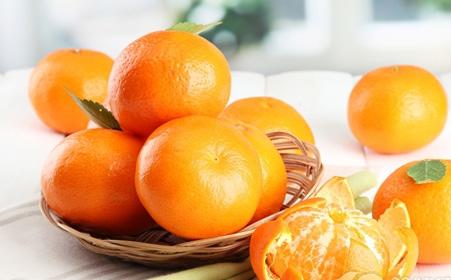HC Plastics News: Spanish researchers are working on a project to transform a large number of discarded citrus peels in the citrus juice industry into bio-plastic juice bottles and extruded profiles.
Employees of the Spanish Institute of Plastics Technology (AIMPLAS) and academics have joined the industry to extract important raw material monomers through microbial fermentation and bio-polyesters.

Citrus fruit
The project received strong support from the Spanish government, and with the help of juice producers, bioscientists, industrial research institutes and plastics companies, 1.2 million tons of citrus industry residues will be used each year.
The ultimate goal of the project is to create value-added products from waste that would otherwise be processed into animal feed pellets or directly into landfills.
At present, Spain is the most important producer of orange juice and other juices in the EU. The annual production of citrus fruits in the southeastern part of Valencia is about 3 million tons, equivalent to 60% of the country's total output.
In addition to Valencia, the southern part of the country, Anludasia, also plays an important role in the juice industry. The production of citrus fruits has become the country's third most important agricultural industry, with a dedicated area of ​​62,000 hectares, which has grown by more than 70% in recent years. 
Editor in charge: Ye Dan
Barricades are obstacles that block road traffic. They can refer to barriers used as fences during road construction, oil pressure security barricades to prevent terrorist attacks outside important building doors, or roadblocks temporarily constructed by demonstrators during large-scale demonstrations.
The use of barricades may have originated from the turbulent Paris of the 16th century. Under the rule of King Henry III, the lives of the French people were hard. The supporters of the Duke of Guise took to the streets on May 12, 1588, and built roadblocks , History called "First Day of the Barricades". For the next two centuries, roadblocks played an extremely important role in major social movements in France.
Rejection is a type of motorized roadblock. In ancient China, setting up long guns or matching wooden poles to create obstacles to defend against the attack of enemy cavalry is called "rejecting carbines". The three intersecting and intersecting, fixed with iron as the "distant gu solid refusal carbine". A large wooden bar, with different lengths of wood, wears nine to ten iron guns, which is called a "close guard antler". Similar fortifications exist in the West.
Modern refusal horses are instead composed of iron frames and barbed wire, so it is also called "iron refusal horses" and has a wider range of uses. In addition to its military use, it will also be used in the riot operation. It has the effect of isolating and blocking people and vehicles. In addition, some modern horse-rejecting horses are also designed with walking wheels and strong maneuverability, which can be completed in a short time by 2 to 4 people. However, due to its light weight, short piles are sometimes added to the ground.
Orange Traffic Cones,Yellow Traffic Cone,Traffic Cones Near Me,Small Traffic Cones
Jieyang Xinxin Industry and Trade Co., Ltd. , https://www.gdxxgm.com